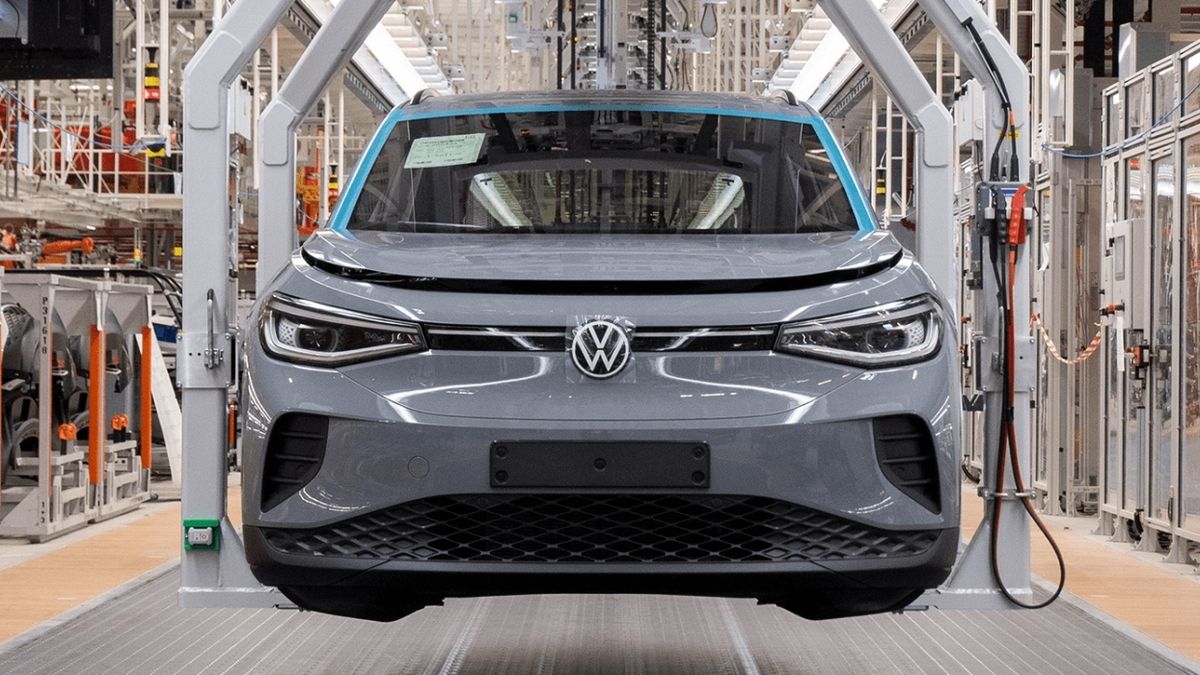VW Halts Electric Car Production at Emden, Germany Due to Motor Shortage

Volkswagen's transition to more powerful electric motors has hit a snag, causing a temporary halt in the production of its ID.4 and ID.7 models at the Emden factory in Germany. A shortage of the new APP550 electric motors has led to this unexpected pause, affecting not only Emden but also the Zwickau plant where production of several other models has been suspended.
AdvertismentSupply Chain Disruptions Lead to Production Halts
The assembly of Volkswagen's electric vehicles has come to a standstill due to a bottleneck in the supply of the new APP550 electric motors. Designed to replace the 150 kW PSM motors, the APP550 boasts 210 kW of power and 550 Nm of torque, enhancing vehicle efficiency and range.
However, disruptions in the supply chain at the VW components plant in Kassel have resulted in a shortage of these motors, prompting Volkswagen to temporarily cease production at its Emden and Zwickau facilities.
Impact on Workers and Production Lines
AdvertismentMore than 1,000 employees out of approximately 8,000 at the Zwickau plant are expected to be affected by the production stoppage. While the pause in Emden is anticipated to last only five days, including the weekend, Zwickau's production line 2 faces a halt until December 1. This line is responsible for manufacturing VW's ID.4 and ID.5, as well as Audi's Q4 e-tron and Q4 Sportback e-tron models.
Interestingly, Zwickau's production line 1, which produces the VW ID.3 and Cupra Born, is not currently affected, as it continues to use the previous electric motor model.
Strategic Measures to Mitigate Impact
In response to the motor shortage, Volkswagen is prioritizing the delivery of the available APP550 motors to the Emden plant to support the production ramp-up of the new VW ID.7. This strategic decision underscores the importance of the ID.7 in Volkswagen's electric vehicle lineup and the company's commitment to overcoming supply chain challenges. Meanwhile, the plant in Kassel, where the electric motors are manufactured, is likely under pressure to increase output and resolve the disruptions.
This temporary halt in production highlights the challenges automakers face in transitioning to more advanced electric vehicles.
Supply chain vulnerabilities, especially for key components like electric motors, can have significant impacts on production schedules and employee livelihoods.
As Volkswagen navigates these challenges, the outcome will likely influence future strategies in electric vehicle production and supply chain management within the automotive industry.